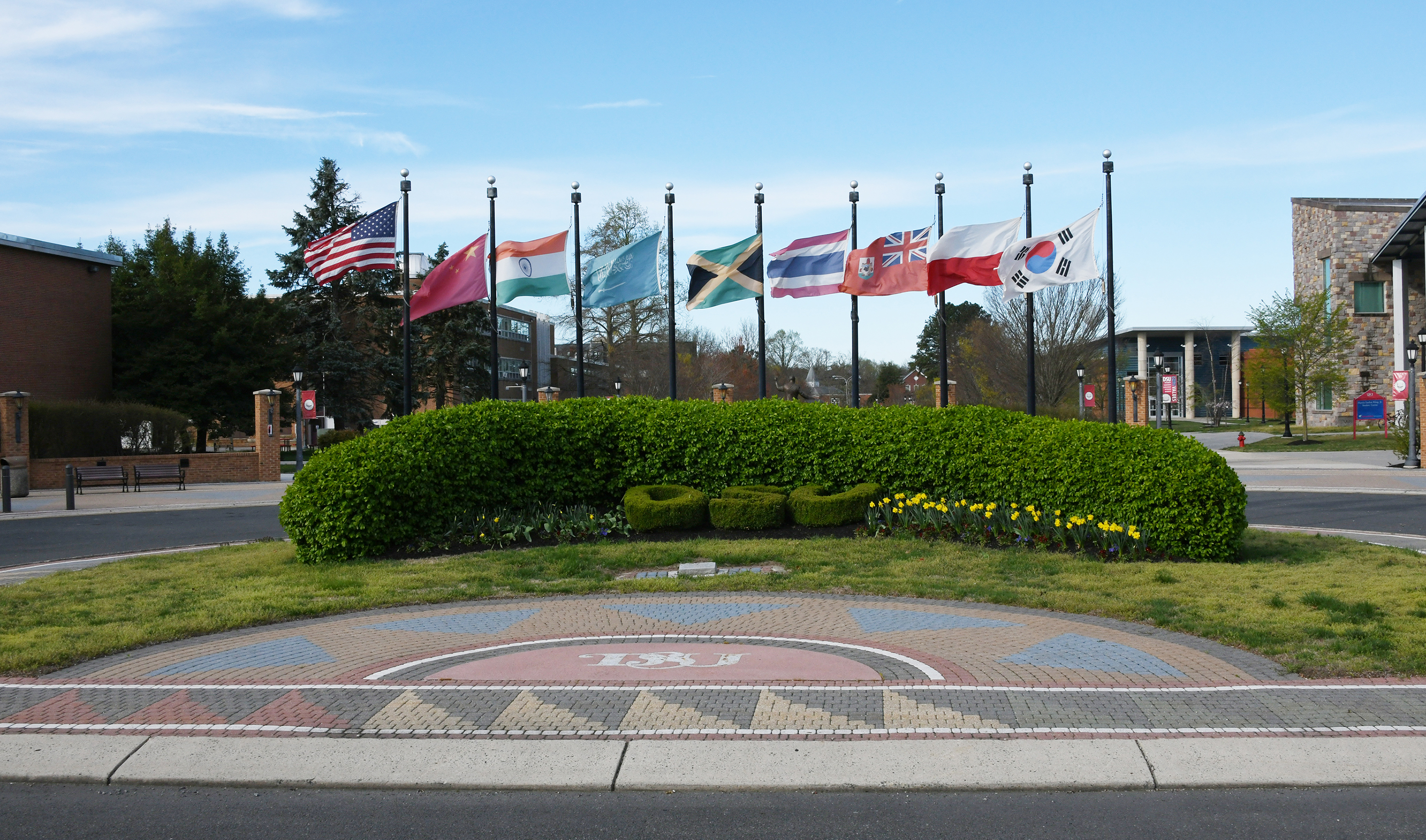
Presidential Debate NO-NOs
For those who will be watching the Presidential Debates (the first one being Sept. 29) between incumbent President Donald Trump and Democratic challenger Joe Biden, and especially those who are going participate in the “Rate the Debate” Zoom event immediately after the debate, it may be instructive to see the mistakes candidates have made in previous ones. Professor Emeritus Sam Hoff, a much sought-after expert on everything politics, has written the following article on that subject.
PRESIDENTIAL DEBATE NO-NOs
By Dr. Samuel B. Hoff
With three presidential debates and one vice presidential debate scheduled in the next several weeks, the 2020 general election is heating up. Since 1976, the debates have been a regular fixture in presidential campaigns. While there have been many positive moments for contestants, there have also been avoidable errors which have hurt or permanently crippled candidates. Accordingly, below is a list of 10 don’ts when participating in such events.
(1) It Doesn’t Always Pay to Tell the Unvarnished Truth: Mondale 1984. Former Vice President Walter Mondale challenged President Reagan in 1984, he stated that Reagan would not tell Americans that taxes would have to be raised. The Mondale proclaimed “But I just did.” While it was a courageous and needed move to stop the growing deficits, Mondale’s bit of brutal honesty helped Reagan to an electoral landslide.
(2) Look at Your Watch: Bush, 1992. A seemingly innocent move, President George Bush’s curiosity about the time was interpreted as non-caring about the event. On top of Bush’s other problems that year, it contributed to his defeat.
(3) Show What You Never Learned about the Cold War: Ford 1976. The incumbent Republican, who had replaced Richard Nixon after his August 1974 resignation, proclaimed that Poland was not under control by Communists or under Soviet influence. Although many claim that Ford’s pardon of Nixon did him in, the latter flub didn’t help.
(4) Sigh or Make Audible Noise: Gore 2000. Too bad Vice President Gore couldn’t have turned the volume down on his own awkward noise. In what was an extremely close election won by George W. Bush, every slip-up was impactful.
(5) Hover Like a Shark: Trump 2016. Even winning candidates make mistakes. Panned by Saturday Night Live, Trump’s circling of Hillary Clinton during one of the 2016 debates was viewed as a violation of an opponent’s personal space.
(6) Repeat What Worked Before: Reagan 1984. In 1980, candidate Ronald Reagan used the quip, “There you go again,” effectively against incumbent Jimmy Carter, but he was slam-dunked four years later when he tried it against former Vice President Walter Mondale. Still, Reagan recouped in the next debate and easily won reelection.
(7) Don’t Show Emotion When You Should: Dukakis 1988. In answering a question about what would happen if his wife was raped and murdered, Michael Dukakis kept his cool when displaying some emotion was appropriate. He lost to George Bush.
(8) Tell Opponent that He or She is “Likeable Enough:” Obama 2008 primary debate. When candidate Hillary Clinton was asked why she wasn’t liked, she demurred. Her opponent, eventual Democratic nominee and 2008 winner Barack Obama, made her feel wanted by saying she was “likeable enough.” He violated a tenet of good debating: Never offer an unsolicited compliment to your opponent.
(9) Brain Fart– Forgetting Something and Saying Oops: Rick Perry, 2011 pre-primary debate. The 2012 presidential candidate Rick Perry never made it to become nominated that year, largely because of multiple debate mistakes. When at a November 2011 Republican debate, he forgot the name of a Federal agency and buried his chances with an “Oops” self-reaction.
(10) Without Makeup: Nixon, 1960. The first-ever televised presidential debates occurred this year. During the initial debate between Richard Nixon and John F. Kennedy, Nixon refused to use makeup to hide a heavy beard and a pale complexion from being sick. Radio listeners judged Nixon the debate winner, but TV viewers thought that Kennedy came out on top. While Nixon did decently in the ensuing debates, he lost a very narrow election to Kennedy. No wonder Nixon later eschewed debates when he ran again in 1968 and 1972.
Dr. Samuel B. Hoff is George Washington Distinguished Professor Emeritus of History and Political Science. He is a nine-time Independent candidate for U.S. president.

